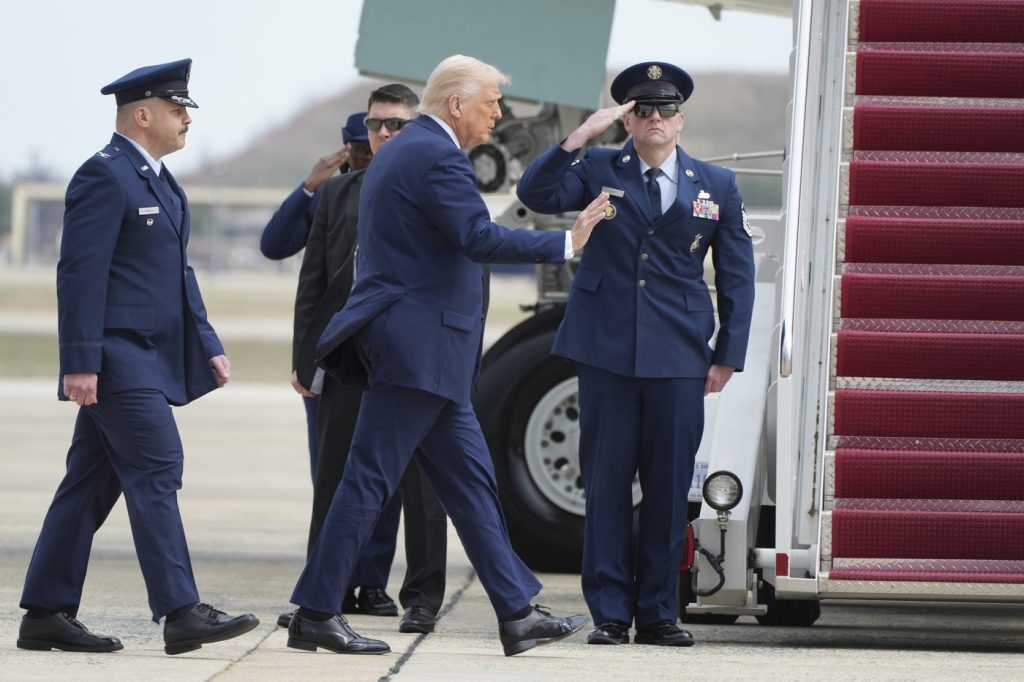HALIFAX The prospect of a U.S. invasion of Canada, notably advocated by former President Donald Trump, raises significant geopolitical questions. Although many regard the idea as far-fetched, University of Toronto political science professor Aisha Ahmad argues that such a scenario would not just be a military affair, but a catalyst for prolonged resistance.
Ahmad points out that while the power imbalance favors the U.S. military's swift defeat of the Canadian Armed Forces, an occupation would inevitably lead to violent repression and a robust insurgency. She emphasizes that ordinary citizens would not remain passive; instead, they would engage in acts of civil disobedience, escalating toward sabotage and guerrilla warfare, which have proven effective against more powerful adversaries throughout history.
Ahmad contends that a mere one percent of Canada's population mobilizing against the invading forces could yield around 400,000 insurgents. This number starkly surpasses the Taliban's resilience against a U.S.-led coalition in Afghanistan. She warns that the U.S. military has a historically poor track record with counter-insurgency, referencing failures in Iraq and Vietnam, suggesting the possibility of a Canadian resistance growing in strength over many years.
In contrast, Howard Coombs, director of the Queen’s Centre for International and Defence Policy, posits that, while a U.S. military victory might be swift, it would not be excessively violent. He believes that American strategies would aim to minimize destruction and death to avoid creating a hostile populace, citing successes in Afghanistan as examples of this approach. Coombs, with experience in the U.S. military training system, suggests that Canadians may not mount a prolonged resistance because of logistical constraints, such as limited supply routes from neighboring nations.
In response to these concerns, Ahmad speculates that countries like Russia and China would be inclined to support Canadian insurgents, counteracting U.S. military strength by covertly supplying arms and resources. This support could potentially shift the balance of power in a drawn-out conflict.
American military historian Eliot Cohen dismisses the whole idea of invasion as absurd, asserting that even Trump's administration would not consider such an aggressive action. He recommends that Canadians not lose sleep over speculative military threats, advocating for a calm response to Trump's provocations. In a humorous twist, Cohen recounts historical failures of U.S. invasions of Canada, emphasizing that previous attempts have yielded disastrous results for American forces.
Cohen reinforces the notion that Canada, with its vast population of 40 million, does not seek to become part of the United States. He stresses the futility of conquest, highlighting that an invasion would face considerable opposition, both within Canada and among the American populace, who may not wish to absorb such a large neighbor.
This discussion sheds light on the complex dynamics of power, resistance, and historical context, as experts weigh in on the implications of potential U.S. military action against Canada. The multifaceted responses to this hypothetical scenario illustrate the varied perspectives on sovereignty and national identity between the two neighboring nations.










